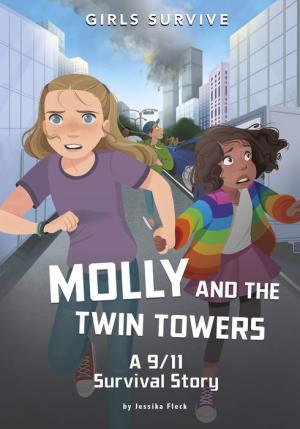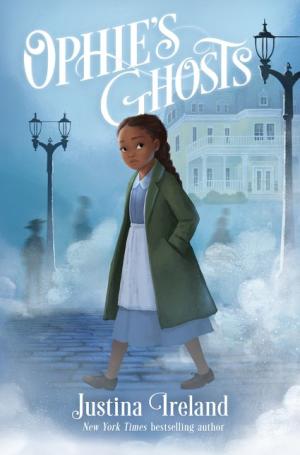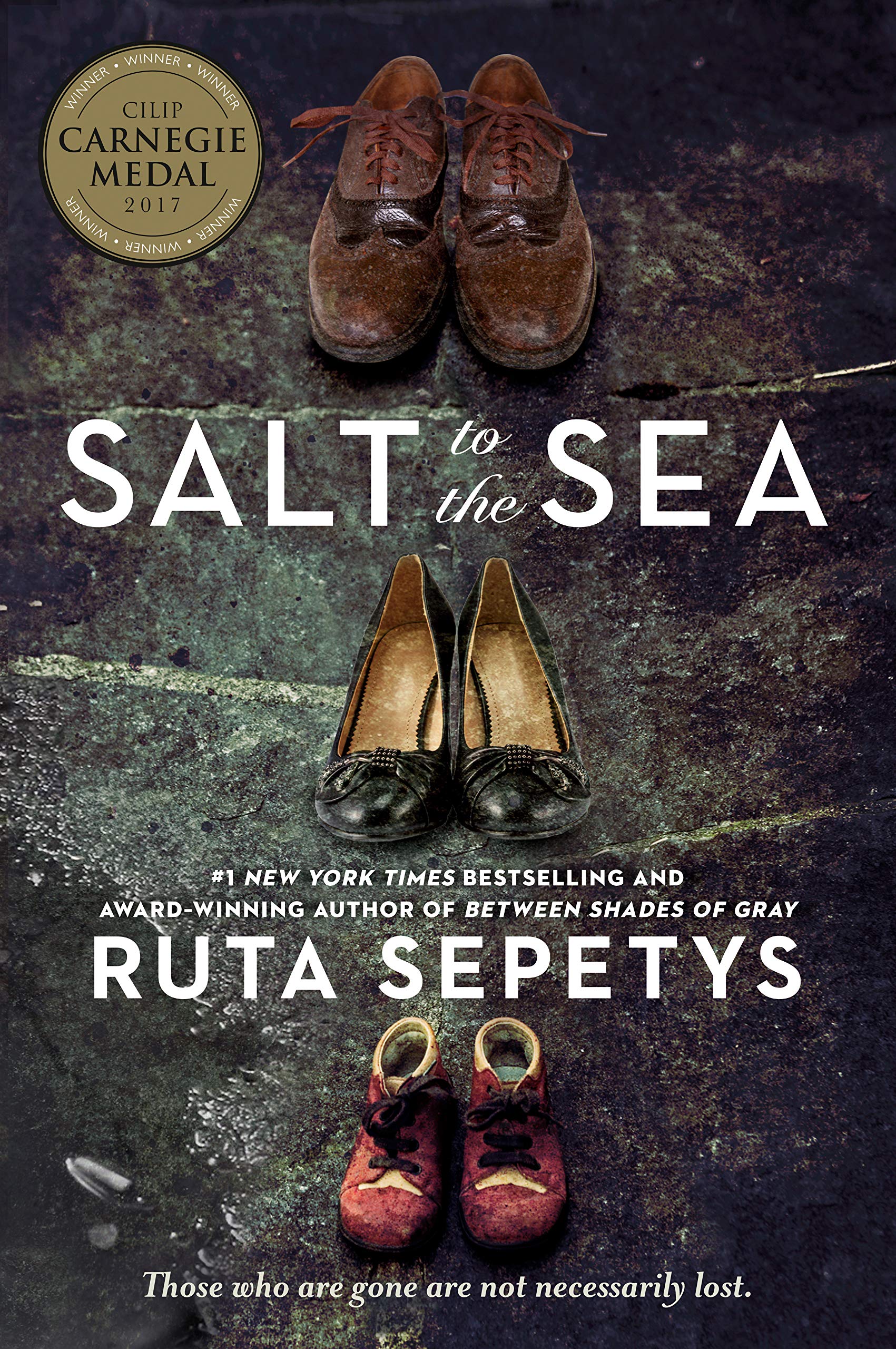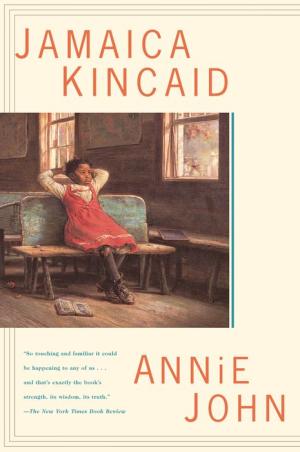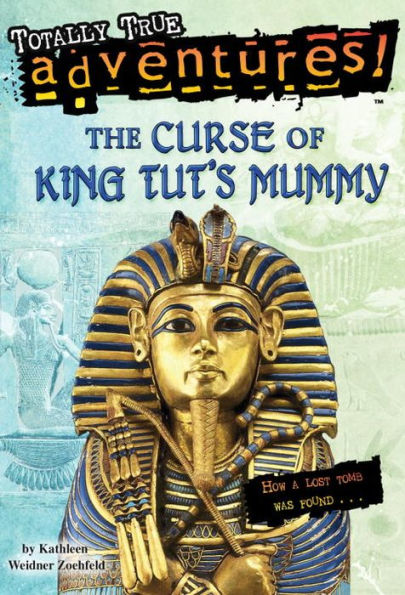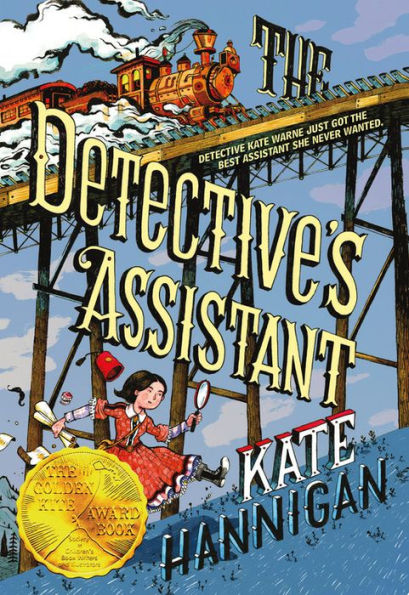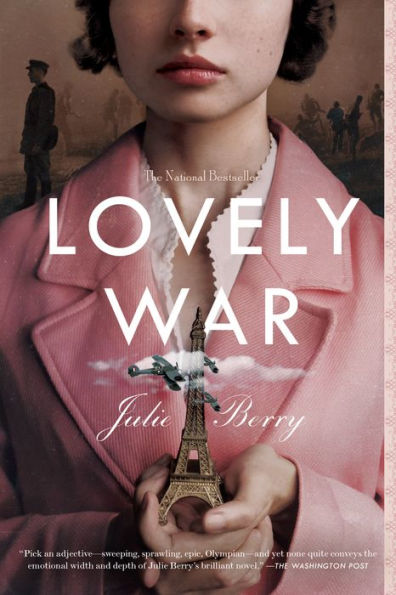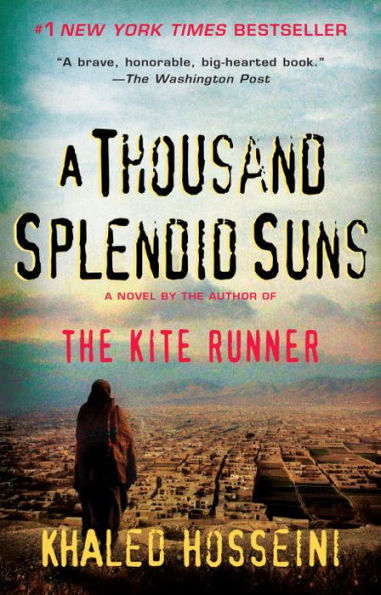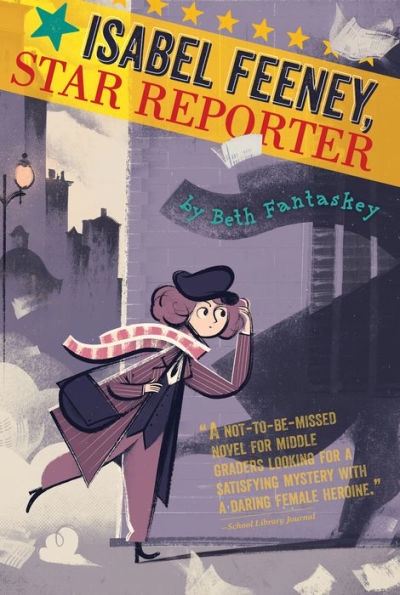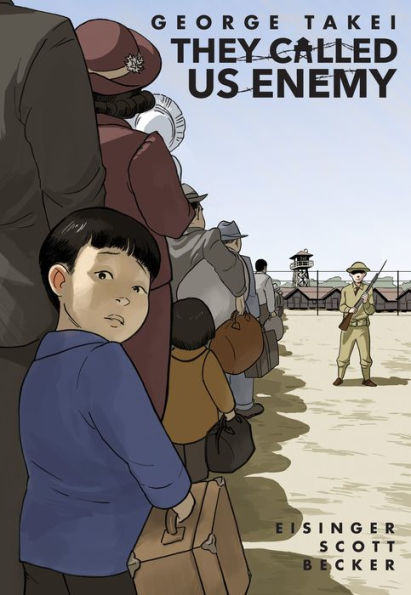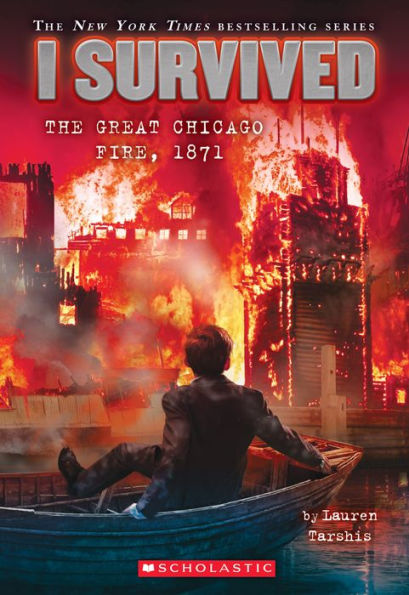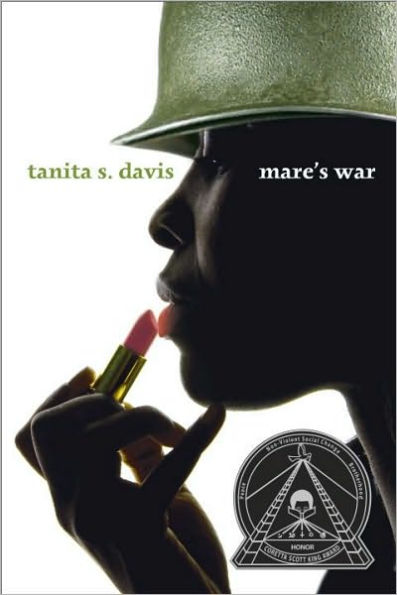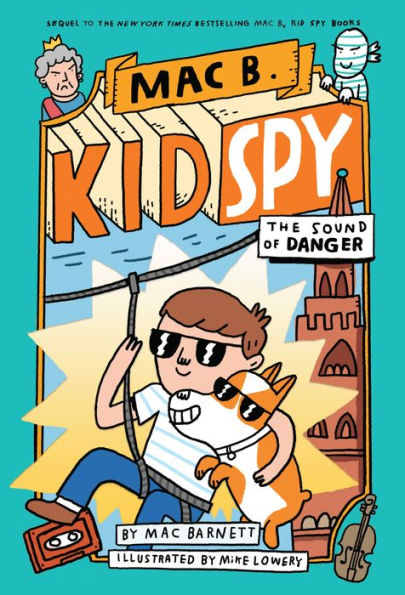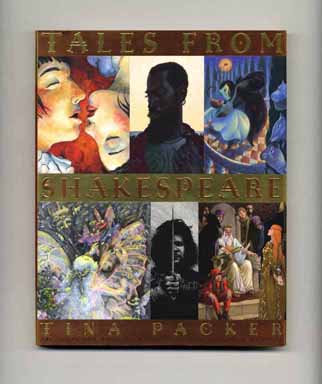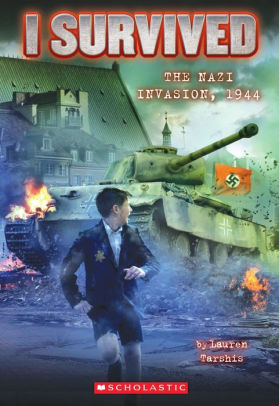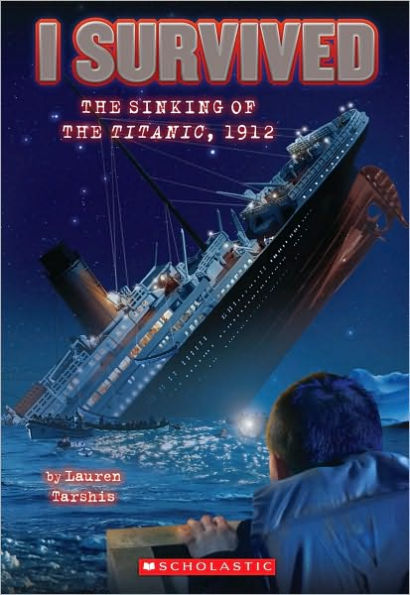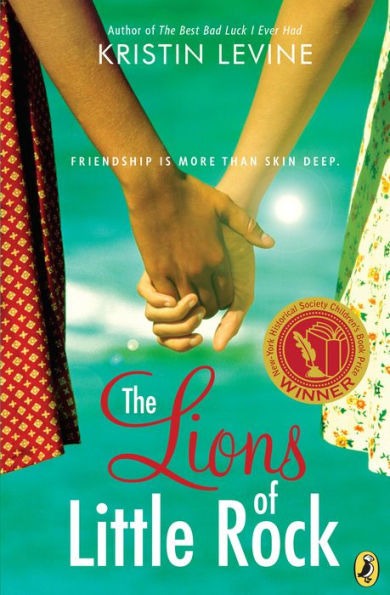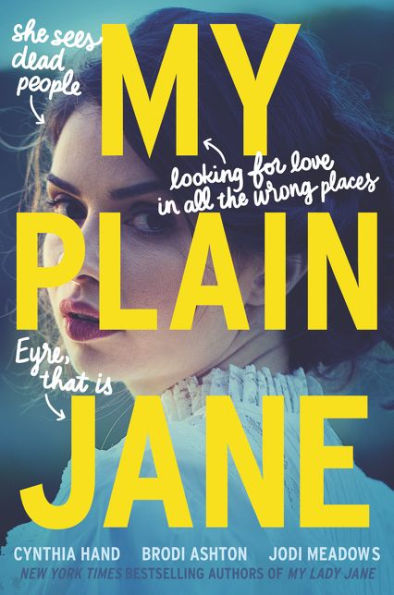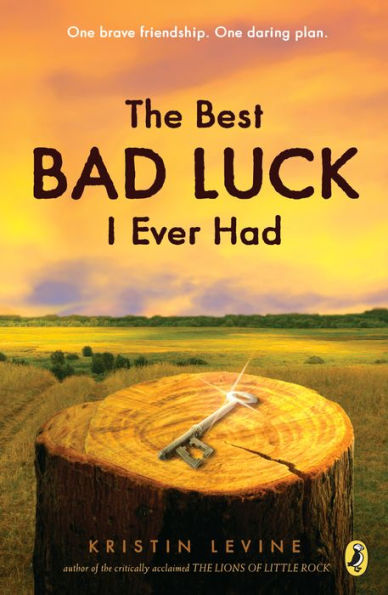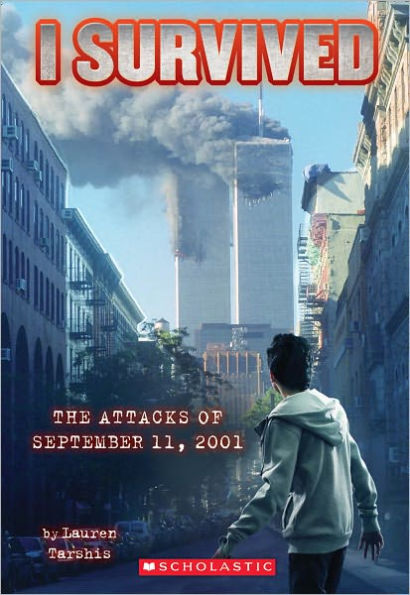Life in lower Manhattan is normal for Molly, her dads, and her younger sister. But on September 11, 2001, everything changes. Molly and her younger sister, Adeline, are at school when the first plane hits the World Trade Center. When the Twin Towers fall, the city is thrown into chaos. Papa, a pilot, is flying, Dad can’t be reached, and Gran, an EMT with the New York Fire Department, is at Ground Zero. It’s up to Molly to find her sister and navigate a city she no longer recognizes.
The book begins with a short introduction to Molly’s family, which allows readers to connect to the people Molly cares about. Because the attack on the Twin Towers occurs when Molly is at school, her fears and confusion are understandable. When the school begins to evacuate, Molly searches for her sister. Once the two are together, Molly tries to protect her sister from falling debris, she also worries about her dad, who is an airplane pilot, and her Gran, who is an EMT stationed close to the towers.
Afterward, Molly’s dad tries to explain why the terrorists flew a plane into the Twin Towers. He says, “There are people in the world who believe that violence, hurting others, is how they’ll get what they want.” Her dad doesn’t think that terrorists will win because “for every person who wants to cause harm, there are thousands more who want to protect. To do good.”
Molly and the Twin Towers will answer basic questions about the events of 9/11. While Molly’s fear is obvious, the events are described in kid-friendly terms. Some of the information is told through news sources, which allows the reader to get basic facts without bloody details. Despite this, Molly’s shock, confusion, and fear are at the forefront of the story. Afterward, Molly and her family go to therapy in order to deal with post-traumatic stress disorder.
In order to make the story easy to follow, each chapter begins with Molly’s location and the time. Every 7 to 10 pages there is a black-and-white illustration. The illustrations mostly focus on Molly and the events surrounding her. Some of the illustrations show the Twin Towers engulfed in smoke and ash. The book ends with a note from the author that describes some of the heroes of 9/11, a glossary, and three questions about the story.
Molly and the Twin Towers will teach readers about the events of 9/11. The short chapters, fast-paced plot, and suspense will keep readers interested until the very end. Molly is a likable character who shows bravery in the face of fear. Readers who want to learn more about the attacks should also read I Survived the Attacks of September 11, 2001 by Lauren Tarshis.
Sexual Content
- Adi and Molly have two dads. “Our dads had used a different surrogate for each of our births. I got Dad’s light eyes and dusty hair. Adi got Papa’s beautiful darker features and curly hair, which she claimed to hate.”
Violence
- While at school, Molly hears a huge boom. “It almost sounded fake, as if I was in a movie theater and the surround sound was turned all the way up. . . The noise shook our entire school like a humongous, angry clap of thunder. The glass in the windows next to me shuddered.”
- A little later, Molly hears another explosion. “This one I felt in my chest. The blast made my ribs rattle, and the sound echoed within.”
- Molly overhears an adult say a plane ran into the towers. Molly “couldn’t believe one airplane had hit, let alone two. It had to be something else.”
- Molly leaves the school so she can look for her sister. Once outside, “fire and smoke raged and billowed out of the top portion of the North Tower. The South tower, now also on fire, was quickly catching up. Debris rained down as if the sky was falling.”
- Molly hears a radio broadcaster say, “This just in . . . my lord . . . excuse me. . . I-I’m getting reports that another passenger plane has crashed into the Pentagon building in Washington D.C.”
- As Molly runs towards home, “a sound like nothing I’d ever heard before seized the air. It was a deafening thunderclap followed by the roar of a thousand train engines. . . The smoke and debris began where the tower stood and tumbled forward. It was like a large wave, quickly engulfing everything in its path, threatening to wash us all away.”
Drugs and Alcohol
- None
Language
- None
Supernatural
- None
Spiritual Content
- While looking for her sister, Molly “prayed I would find my sister sitting safely among the cushions and chairs. But when I reached the top, the loft was empty.”
